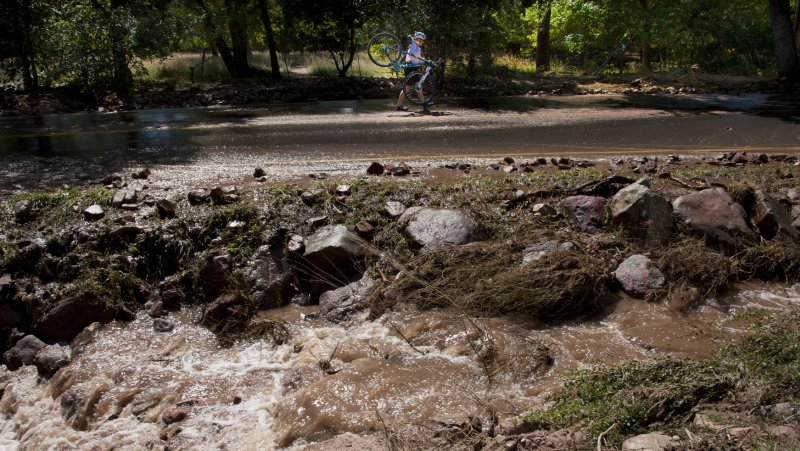DENVER, Sept. 19 (UPI) -- Environmental damage from the Colorado floods includes 5,250 gallons of oil spilled into the South Platte River from a damaged tank, officials said Wednesday.
Booms were being used in an effort to contain the spill near Milliken, The Denver Post reported. Anadarko Petroleum reported the spill Wednesday afternoon to the state Department of Natural Resources.















